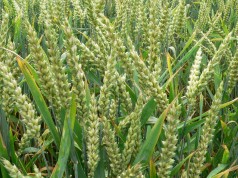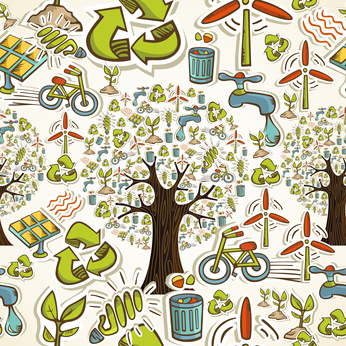- Removing policy barriers to sustainable agricultural growth requires market-based mechanisms that provide smallholders with incentives to invest in sustainability, such as removing subsidies on unsustainable fertilizers; subsidizing practices that encourage soil and water conservation; and expanding fair or green certification schemes that allow smallholders to compete in new niche markets locally and internationally.
- In order to provide smallholders with the information they need, investing in approaches such as farmer field schools and the use of rural radios and other mobile telecommunication methods is essential.
- Additional research is needed on the drivers of change that influence smallholder practices both negative (e.g., agriculture policies and subsidies) and positive (e.g., secure land rights, collective institutions and cultural values).
The report was released as part of the celebrations of World Environment Day (WED 2013), whose global host this year is the government and people of Mongolia. WED’s theme is closely linked to food security, focusing on reducing the estimated one third of all food produced an astonishing 1.3 billion tonnes, worth around US $ 1 trillion that is wasted or lost each year.
Earlier this year, UNEP and the UN Food and Agricultural Organization (FAO) launched a campaign called Think.Eat.Save. Reduce Your Foodprint, which is aimed at slashing this wastage.
Aside from the moral implications of such wastage in a world where almost 900 million people go hungry every day, unconsumed food wastes both the energy put into growing it and the fuel spent on transporting produce across vast distances.
Check the following link to read/download the Full Report:
http://www.unep.org/pdf/SmallholderReport_WEB.pdf
Source: UNEP.
 Think.Eat.Save. Reduce Your Foodprint
Think.Eat.Save. Reduce Your Foodprint
Think.Eat.Save. Reduce Your Foodprint campaign harnesses the expertise of organizations such as WRAP (Waste and Resources Action Programme), Feeding the 5,000 and other partners, including national governments, who have considerable experience targeting and changing wasteful practices. It aims to accelerate action and provide a global vision and information-sharing portal for the many and diverse initiatives currently underway around the world. For more information, visit www.thinkeatsave.org.
About World Environment Day
World Environment Day (WED) aims to be the biggest and most widely celebrated global day for positive environmental action. WED activities take place year round but climax on June 5. WED celebrations began in 1972 and have grown to become the one of the main vehicles through which the UN stimulates worldwide awareness of the environment and encourages political attention and action. Through WED, the UN Environment Programme is able to personalize environmental issues and enable everyone to realize not only their responsibility, but also their power to become agents for change in support of sustainable and equitable development. For more information, visit www.unep.org/wed.


















